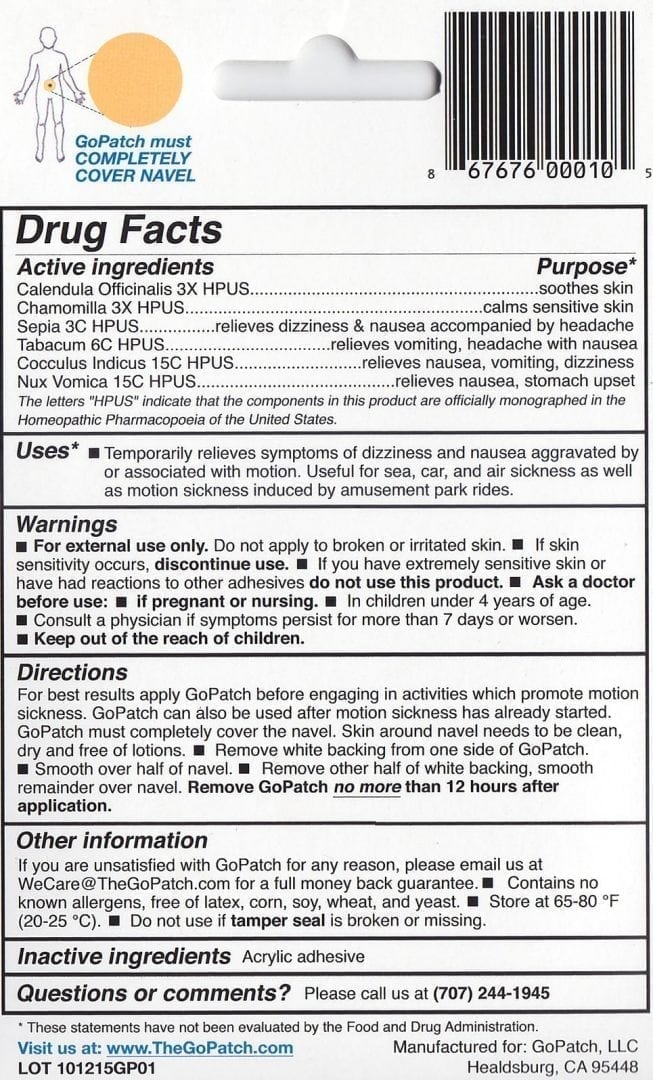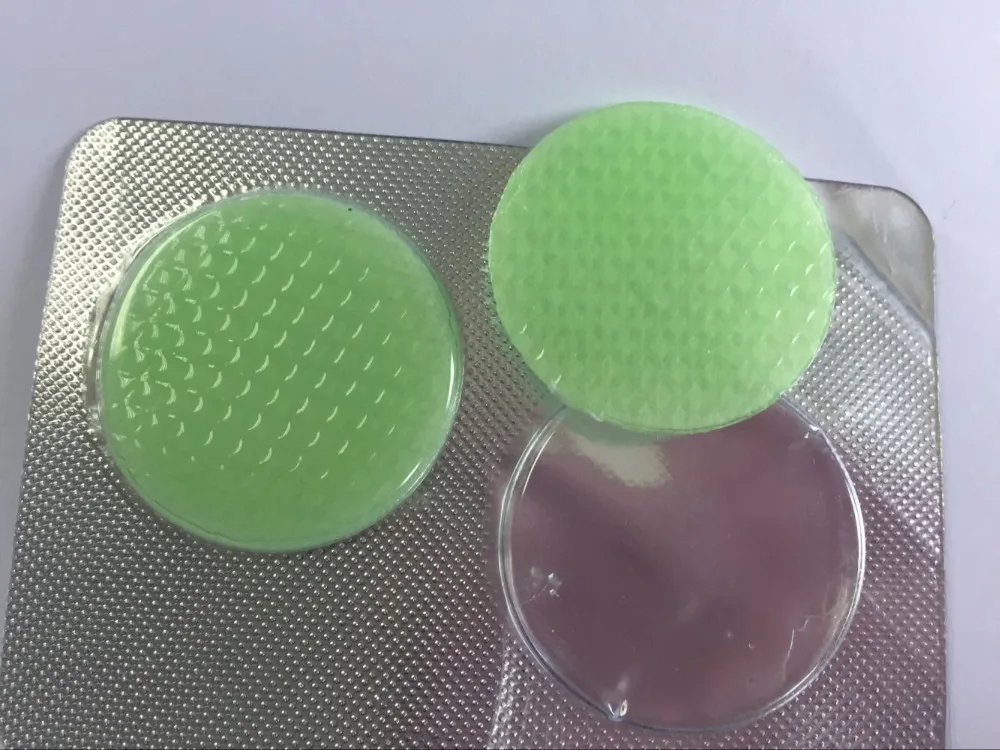
One final note: my general recommendation to our Travel Clinic patients is: Take medication with you even if you think it is unlikely you’ll need it.Motion sickness is a common syndrome that occurs upon exposure to certain types of motion. There are many other medications that are effective for nausea (Compazine, Zofran, others) that are not considered effective for motion sickness prevention. Promethazine for motion sickness is not recommended for use in pregnancy or in children under 2. Neurologic and other side effects make use of this medication uncommon.
MOTION SICKNESS PATCH FOR KIDS PATCH
Side effects include sedation, dry mouth, blurred vision, confusion, urinary retention, a rash at the patch site, and risk of acute elevation in eye pressure in someone at risk for narrow-angle glaucoma ( Narrow Angle Glaucoma). Since it must be applied 4 hours or more before travel (and changed every three days) and has several side effects, it is usually prescribed for longer boat/vehicle excursions when motion sickness is likely. The scopolamine patch is less effective for treatment of motion sickness than prevention.
MOTION SICKNESS PATCH FOR KIDS SKIN
A patch applied to the skin behind one ear that is effective in motion sickness prevention.This can be helpful, but may be accompanied by other side effects and there are restrictions with use in children. Often, travelers take decongestants (i.e.: pseudoephedrine) or caffeine with the antihistamines to decrease sedating effects.Meclizine and dimenhydrinate are considered OK for use in pregnancy.Dimenhydrinate, chlorpheniramine, and diphenhydramine can be used in age 2 and over, but your physician should be consulted when using between age 2 and 6. Meclizine is only recommended for kids age 12 and over, due to a lack of studies in younger children.Dimenhydrinate (Dramamine) or Meclizine (Bonine), in doses anywhere from 6.25 mg to 25 mg, are generally the two antihistamines recommended for motion sickness, although chlorpheniramine (Chlor-Trimeton) and diphenhydramine (Benedryl) can also be used.Sedating antihistamines are generally effective, non-sedating (Claritin, Allegra, Zyrtec, and others) are not.NOTE: Ginger may increase bleeding when used with Warfarin (Coumadin) and how it may alter blood clotting due to its effects on platelets, particularly if you already take aspirin or NSAIDs (Ibuprofen, Naprosyn, and others). If you are considering trying ginger, take one capsule/dose/hard candy (as per the manufacturer) or up to 1 gram of fresh ginger before travel. Again, there is variable evidence that ginger is better than placebo for motion sickness.If you use pressure bands, you might want to take back-up treatment with you, in case they are not effective. You can consider them if your usual motion sickness symptoms are mild. There is more data on use of these bands in pregnancy, post-surgically, and with cancer chemotherapy than with motion sickness prevention, but some of our travelers swear by them.


Looking at the horizon or a distant, stationary object and avoiding reading, looking at a screen, or performing close-up tasks.Prevention of motion sickness is usually more effective than trying to treat the symptoms after they develop.

Women, particularly pregnant women or those on birth control, tend to be more susceptible than men. After that, susceptibility tends to decrease as we age. Children under two are generally resistant, then progressively more susceptible to age 9. We see that we are moving but the inner ears sense that we are still.įor example, when playing a virtual reality game, the action around us looks like we are moving, but we are actually sitting still.Īnyone can be susceptible to motion sickness.We see that we are not moving but the brain senses motion.įor example, when we sit in the cabin of a ship, it appears to us (visually) that we are not moving but our inner ears sense that we are moving (the waves move the boat up and down).Motion sickness occurs when our eyes send our brain one message regarding motion and our inner ears send a different message. Why do I need a travel medicine consultation?.


 0 kommentar(er)
0 kommentar(er)
